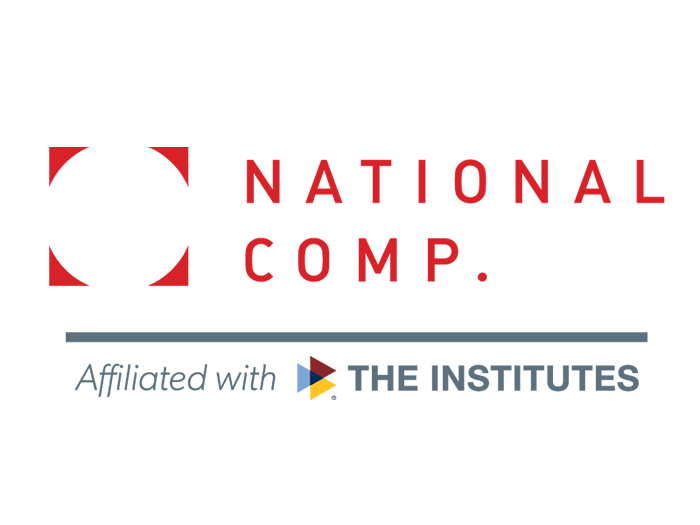Sponsored Content by One Call
How Artificial Intelligence Is Helping Workers’ Comp Pros Elevate Customer Service to Customer Experience

In an ideal world, digital tools complement, and even enhance, the human touch required in workers’ compensation claims.
When a claim occurs, an injured worker is often frightened and emotional. They might be in pain and looking for answers from industry stakeholders who are meant to help guide them through the process.
Many professionals in the workers’ compensation industry know technology helps drive efficiency and provide swift support to injured workers, but it can also encourage empathy. Tools like natural language processing systems can analyze the quality of calls with injured workers and other key stakeholders.
One Call has started using AI-powered sentiment software to help analyze calls between care coordinators and injured workers, clients, and physicians. This technology helps identify strategies, rooted in empathy, that can help drive better claims outcomes.
“We can marry customer service interactions with analytics to understand how we can provide the best customer experience possible,” said Matthew High, SVP of operations at One Call. “What are we seeing throughout our customer service interactions? And when we look at our data across the board, what can we improve upon to create better outcomes in the future?”
Using Sentiment Software to Provide Actionable Data

Matthew High, SVP of Operations, One Call
Sentiment software measures things like emotion and empathy that many might think are difficult to quantify using data. It monitors shifts in speech and tone of voice to determine if a particular interaction is going well.
“How do you measure empathy? How can you say you’re empathetic? That’s something we are doing with sentiment software,” High said.
The software monitors every call between One Call’s care coordinators and its key stakeholders, listening for pre-programmed phrases and changes to inflection to evaluate the customer experience. For instance, if a client or injured worker asks to speak with a supervisor, the system flags the occurrence.
The technology is also listening for empathy. If a worker complains of pain, it notes whether the care coordinator says something supportive or comforting. New phrases can be added to the software within 15 minutes, allowing for real-time continuous improvement.
“The algorithm is listening for inflection in tone and voice,” High said. “It’s using that information to determine the sentiment of each call, and ultimately, whether the person on the other end is having a positive experience.”
The use of sentiment software has produced a vast amount of data for One Call. “We’re currently capturing close to 400,000 interactions a month,” High said. “Every time a care coordinator makes an outbound call or takes an inbound call, we’re capturing that information.”
All that data takes careful sifting. The machine learning and natural language process system built into the technology assigns each call a score between negative 100 and positive 100. Any call that receives a score of negative 20 or lower gets flagged. From there, managers can listen to a recording of the call to determine what went wrong. One Call’s analytics team can then use that data to see where they might need to make a change.
Identifying Training Opportunities

Tina Brletich, SVP of Client Analytics, One Call
By analyzing the quality of calls, sentiment software enables One Call to identify opportunities for improved customer experience. For example, when a care coordinator says they don’t know the answer to a question, the call is flagged and sent to the training department to determine if this is an opportunity for more education.
“The system’s going to tag that interaction and note that the care coordinator has a knowledge gap,” High said. “Our training department will then determine if this leads to individual training, or possibly additional training for the entire care coordination team.”
Combination of Sentiment Scores and Net Promoter Scores
One Call’s analytics team uses the data gathered by sentiment software in conjunction with net promoter scores. Collected through surveys, net promoter scores measure how likely a client is to recommend a company’s services.
If a client gives One Call a net promoter score lower than six, One Call’s analytics team can analyze the quality of that clients’ customer service calls to identify areas for improvement.
“We can pull all the calls associated with that phone number and look at the sentiment scores,” said Tina Brletich, SVP of client analytics at One Call. “It’s very meaningful data.”
The combination of sentiment scores and net promoter scores provides One Call with a broad view of how to improve and drive better outcomes.
“We’re turning unstructured data into insights,” Brletich said. “It’s just another way to tie together different data sources for a more holistic, informed picture.”
A Culture of Continuous Improvement: The One Call Advantage
For years, One Call has embraced a culture of continuous improvement. The company strives to elevate its customer service to customer experience, adopting sentiment software and using it to create targeted training for its employees.
“Any organization that’s going to continue to thrive has to invest in the tools, infrastructure, and resources to make informed decisions driven by data,” High said.
These tools help support One Call’s mission of getting injured workers the care they need when they need it so they can return to both work and life. By investing in how to best serve clients and injured workers, One Call is helping drive better claims outcomes.
“Our mission is embedded in our culture,” said Brletich. “And that commitment to our mission is what drives our desire for continuous improvement and data-driven outcomes.”
To learn more, visit: https://onecallcm.com/.
This article was produced by the R&I Brand Studio, a unit of the advertising department of Risk & Insurance, in collaboration with One Call. The editorial staff of Risk & Insurance had no role in its preparation.










